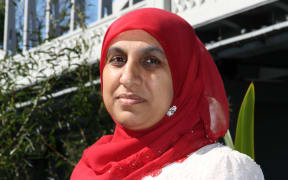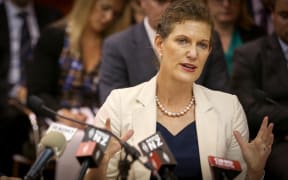The government will not apologise to members of the Muslim community, who say they feel maligned by last year's coverage of the New Zealand jihadi brides.
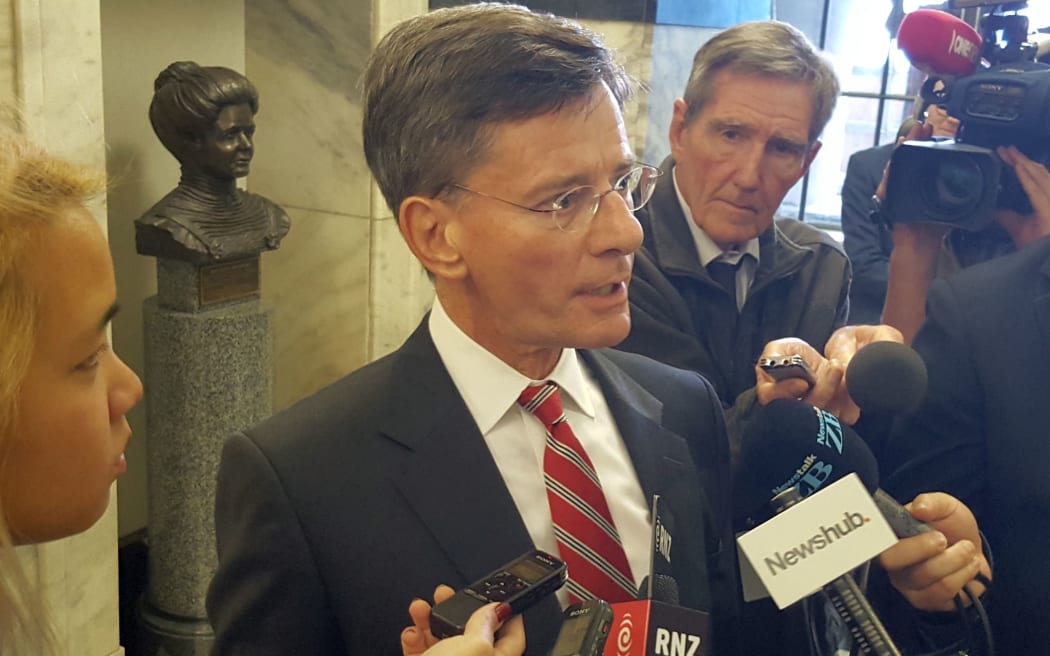
Photo: RNZ / Jane Patterson
Earlier today, Prime Minister John Key denied he was scaremongering when discussing New Zealand women travelling to Syria and Iraq as "jihadi brides" .
The Security Intelligence Service has since revealed none of the women actually left from New Zealand. Official papers said all were New Zealand citizens who were living in Australia, and they left from there.
Chris Finlayson, the Minister in charge of the SIS, told reporters today where the women left from was irrelevant.
"I would have thought the critical issue is were they New Zealand citizens, whether the left from Kingsford Smith airport or Auckland Airport is by-the-by."
Mr Finlayson said he was due to meet with about 100 members of the Muslim community tomorrow night, and had regular discussions with that community during the process of the intelligence and security review.
"And I'm very happy to proffer an apology on behalf of Metiria Turei who started all this nonsense. I think her performance is lamentable.
"I'm not going through it again or I'll just die of boredom. I've said on a number of occasions what's the critical issue in all this - New Zealand citizens, where they left from is an irrelevancy."
But he said the government had nothing to apologise for.
"You just don't go round handing out apologies willy-nilly."
On her way into Parliament this afternoon, Greens co-leader Metiria Turei repeated her call for Mr Key and SIS Director Rebecca Kitteridge Kitteridge to apologise to Muslim women for talking them up as a threat.
She said their comments led the whole country to believe the women left from New Zealand.
"I think it was a deliberate attempt to increase suspicion and fear amongst New Zealanders to justify increasing spy powers later.
"They were talking up the threat to New Zealanders of New Zealand women living here and going to Syria and Iraq as jihadi brides. They drove up the fear and suspicion with no evidence.
"We need to know if they knew that those women were living in Australia or New Zealand at the time."
The Greens were considering whether the failure of Mr Key and Ms Kitteridge to make it clear the women left from Australia, not New Zealand, would reach the threshold for a complaint to Parliament's Privileges Committee.
Last December the SIS Director Rebecca Kitteridge told Parliament's Intelligence and Security Committee there was a developing trend of New Zealand women travelling to ISIS-controlled areas, which was prefaced by comments about "the threat to domestic security posed by foreign fighters and other extremists".
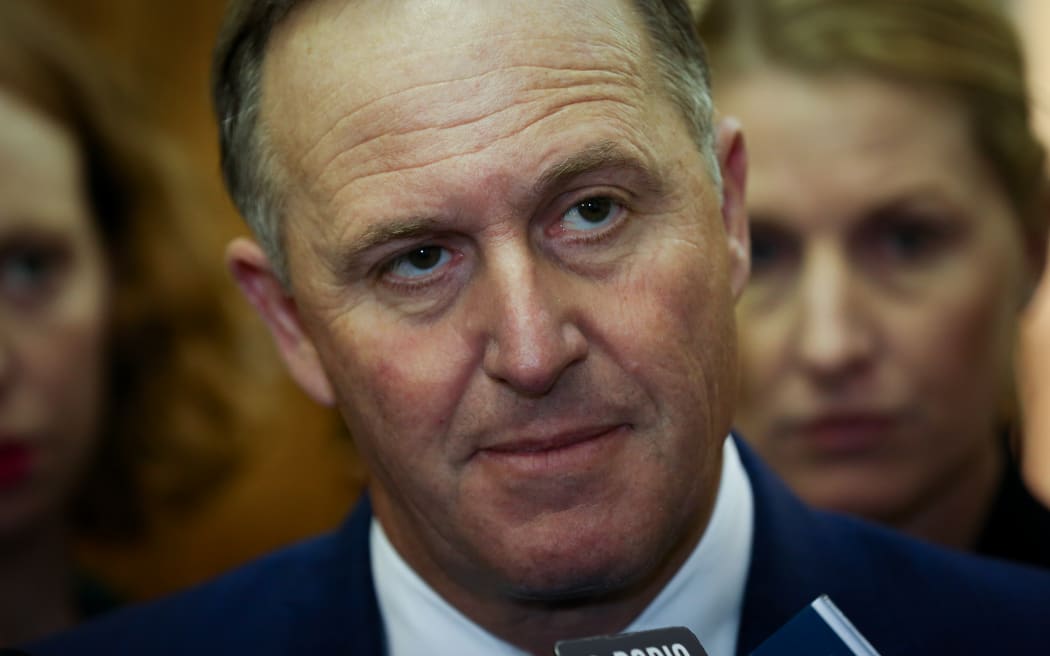
Photo: RNZ / Alexander Robertson
Mr Key, who chairs the committee, then asked if some of the women could be "jihadi brides".
Today he denied any attempt to create a misleading impression that the 12 or so women referred to by Ms Kitteridge left from New Zealand, rather than from Australia.
"We didn't say that, it was the Director [General] that made the statement, and what she said was there were jihadi brides.
"The fact that where they leave from is irrelevant, if they're New Zealanders, they're New Zealanders, they may return to New Zealand and so we have to deal with those issues.
"There are also people who may potentially leave, so who's ultimately left is just one measure."
Mr Key was asked whether he chose to omit the fact they had left from New Zealand.
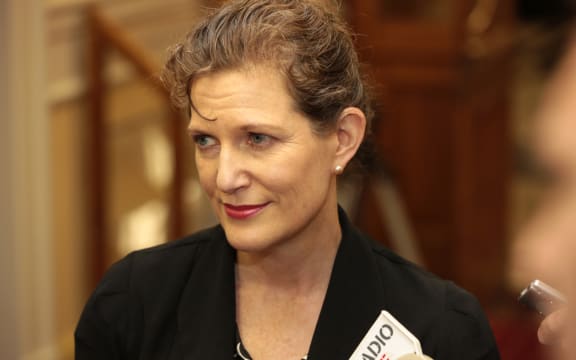
Security Intelligence Service (SIS) director-general Rebecca Kitteridge Photo: RNZ / Diego Opatowski
"Well I wasn't the one who was asked the question, I was just aware of the briefings I get about that issue. There are people who have been looked at or observed, yep the ones that go, it doesn't matter where they leave from, lots of people use a different pathway."
Any attention that was turned upon Muslim women in New Zealand as a result of the comments made by him and Ms Kitteridge was irrelevant, he said.
"Because, A, people might come back, and B, I can't go into all of the categories about people within New Zealand. You're measuring people who may have left - doesn't mean that's the entire subset of everybody.
Mr Key denied he was willing to leave a false impression, from what the media were reporting and what the public believed to be the case.
"No, I don't think that's right.
"There are many and varied parts of this whole debate and whether someone leaves from Australia, leaves from New Zealand, could leave from New Zealand, might leave from New Zealand, they're all New Zealanders."
The SIS said it had no comment.
Meanwhile, the country's biggest muslim body said it was being kept in the dark on security concerns.
Federation of Islamic Associations president Hazim Arafeh said the comments were hurtful and painted muslims with the same brush as terrorists.
He said he was meeting the Security Intelligence Services chief Rebecca Kitteridge next week after a three-month wait, and will tell her the muslim community wanted to be consulted.

